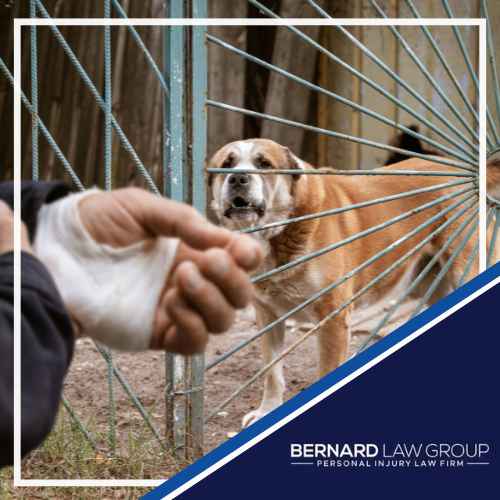Memorial Day Weekend is upon us. And as you know, going outdoors for a grilling is precisely what the doctor prescribed. But what happens when you’re getting your barbecue on and the unexpected happens? Making good food isn’t enough, so to have a fun, and safe, Memorial Day weekend cookout is to follow these important safety tips.
1- Keep Everything Clean
Whether you’re cooking inside or outside of the home, cleaning the area where you will be handling the food is key to preventing health-related issues.
Wash utensils and surfaces with water and soap, and rinse vegetables and fruits before serving them. Also make sure that plates and utensils you’re using to serve food are clean.
Additionally, avoid cross-contamination when handling meat, poultry, or seafood by using separate plates, cutting boards, and knives for them. Also, keep them separated from other types of foods in the refrigerator.
2- Prevent Illnesses By Cooking At The Right Temperature
If you’re cooking meat, don’t rely on your intuition — or by how the meat looks — to know when it’s ready. As a matter of fact, going by the meat’s color and texture alone won’t tell you whether the insides of the meat are hot enough. As a matter of fact, the Centers for Disease Control and Prevention says that the ideal internal temperature for beef, pork, veal, and lamb is 145°F. For ground meats, 160°F, for all poultry, including ground chicken and turkey, 165°F, and for fish, 145°F.
3- Keep Cold Foods Cold, And Hot Foods Hot
When prepping and serving foods, remember that hot foods should be kept at or above 145°F. That will prevent bacteria growth. And to keep them at this temperature, consider keeping grilled items on the grill, but away from direct heat, or store them in an insulated container, where they will stay warm.
When it comes to cold foods, you should make sure they are kept below 40°F. You may accomplish this by leaving them in a cooler or keeping them in a pan filled with ice.
Put away any leftover immediately after your guests leave. Leaving food out for longer than two hours will lead to contamination.
For more safety tips, follow this link.



